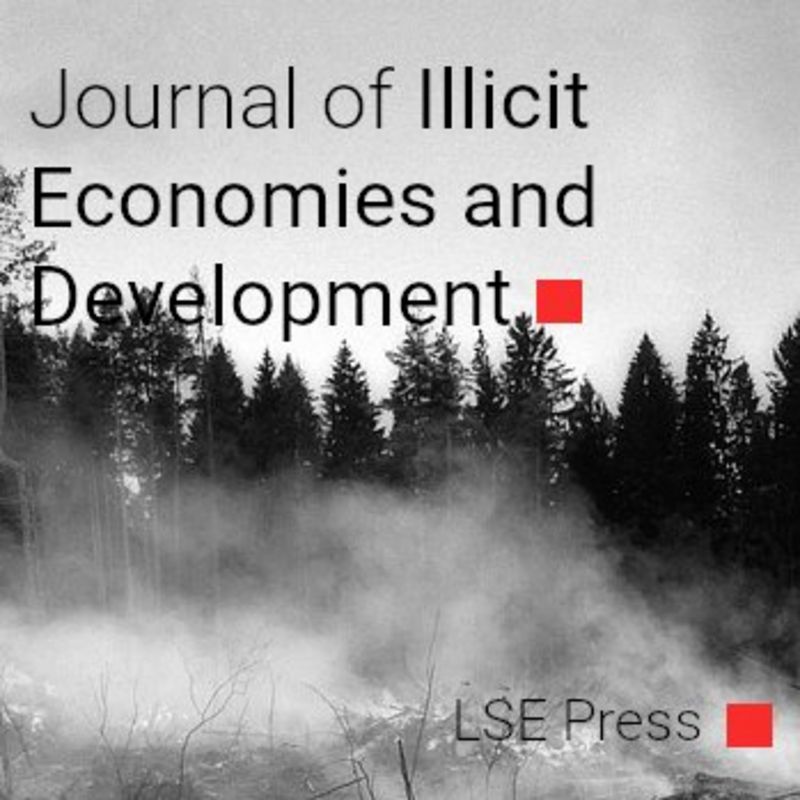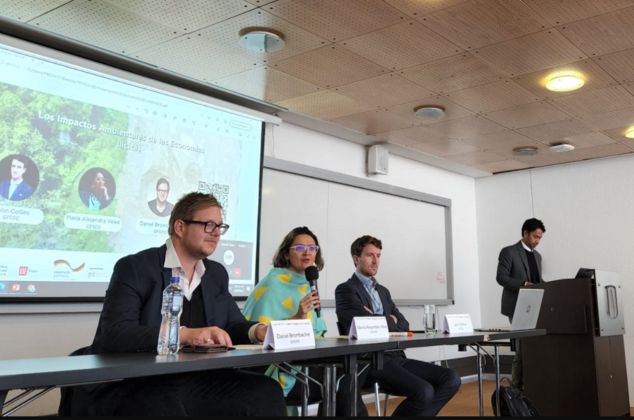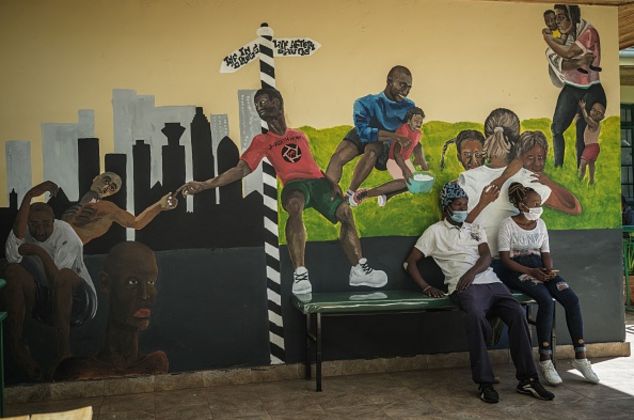About the Drugs and Development Hub (DDH)

What is the DDH?
The DHH was established to provide an ongoing and sustainable platform for an open and multidimensional discussion between government representatives, academics, and activists. There is a strong focus on developing countries that are disproportionately affected by illicit economies and on presenting the real experiences of involved communities.
How did everything start?
Together with the London School of Economics (LSE) and the Global Initiative Against Transnational Organized Crime (GI-TOC), the Global Partnership on Drug Policies and Development (GPDPD) launched the Drugs and Development Hub (DDH) during January 2020 in Bogotá at the Universidad de los Andes. The workshop discussions included how to enact a development-oriented approach to illicit drug economies, with respect to both rural and urban areas, as well as the resilience demonstrated by communities affected by illicit drug crop cultivation and trafficking. The experts and researchers explored how development interventions in drug-crop-growing regions and environmental protection goals could be reconciled with the application of rural development principles. Following the launch, the DDH was presented at UN level at a side event at the 63rd session of the Commission on Narcotic Drugs (CND) in March 2020.
DDH Manifest

What does the hub do?
As a space of encounter, exchange and co-creation, the DDH organises online and offline events, publishes up-to-date articles and podcasts that promote the open dialogue for a multidimensional drug policy, and share best practice experiences.
For example, in July 2021, as a direct result of the partnership between the Universidad de los Andes, the GPDPD, and GI-TOC, the DDH published a special issue of the Journal of Illicit Economies and Development (JIED) on the environmental impact of illicit economies.

The DDH organised panel discussions at the 24-hour Conference on Global Organized Crime. In 2021, a panel titled “Exploring the debate in Africa” aimed at providing broader picture of the drug issue in Africa and how it impacts development. In 2022 a panel titled “Africa and Drugs: Rewriting the Tale?” presented the research, fieldworks, and policy analyses of the forthcoming special issue of the JIED dedicated to African drugs markets and policies. This year's DDH’s panel illuminated the issue of “Invisible women in drug economies and gender sensitive drug policies”. By delving into the underlying reasons for women's involvement in the drug economy, the panel also addressed the critical matter of designing gender-sensitive drug policies.
Focusing on expanding its online presence the DDH produced series of podcasts explaining the role of African continent in global illicit economy, complicity of the drug issues and how to facilitate multidimensional responses on a regional and local level.
By convening the Drugs and Development Task Force (DDTF), the DDH provides an ongoing involvement and discussion space for interested scholars and experts from Africa, Latin America, Asia, and the Western Balkans.
Stay tuned – watch, listen, read and follow us on Twitter and LinkedIn.

The Journal of illicit Economies and Development Special Issue: Environmental Impacts of Illicit Economies
This Special Issue of the Journal of illicit Economies and Development seeks to enhance the evidence basis and understanding of the environmental impacts of illicit economies beyond traditional crime-focused indicators.

Podcasts
Our current podcast is a deep dive into the regional realities of the illicit drug market. It also includes an in-depth discussion of possible responses.

Videos
Our videos introduce you to the topic of drugs and development in different settings and regions.

